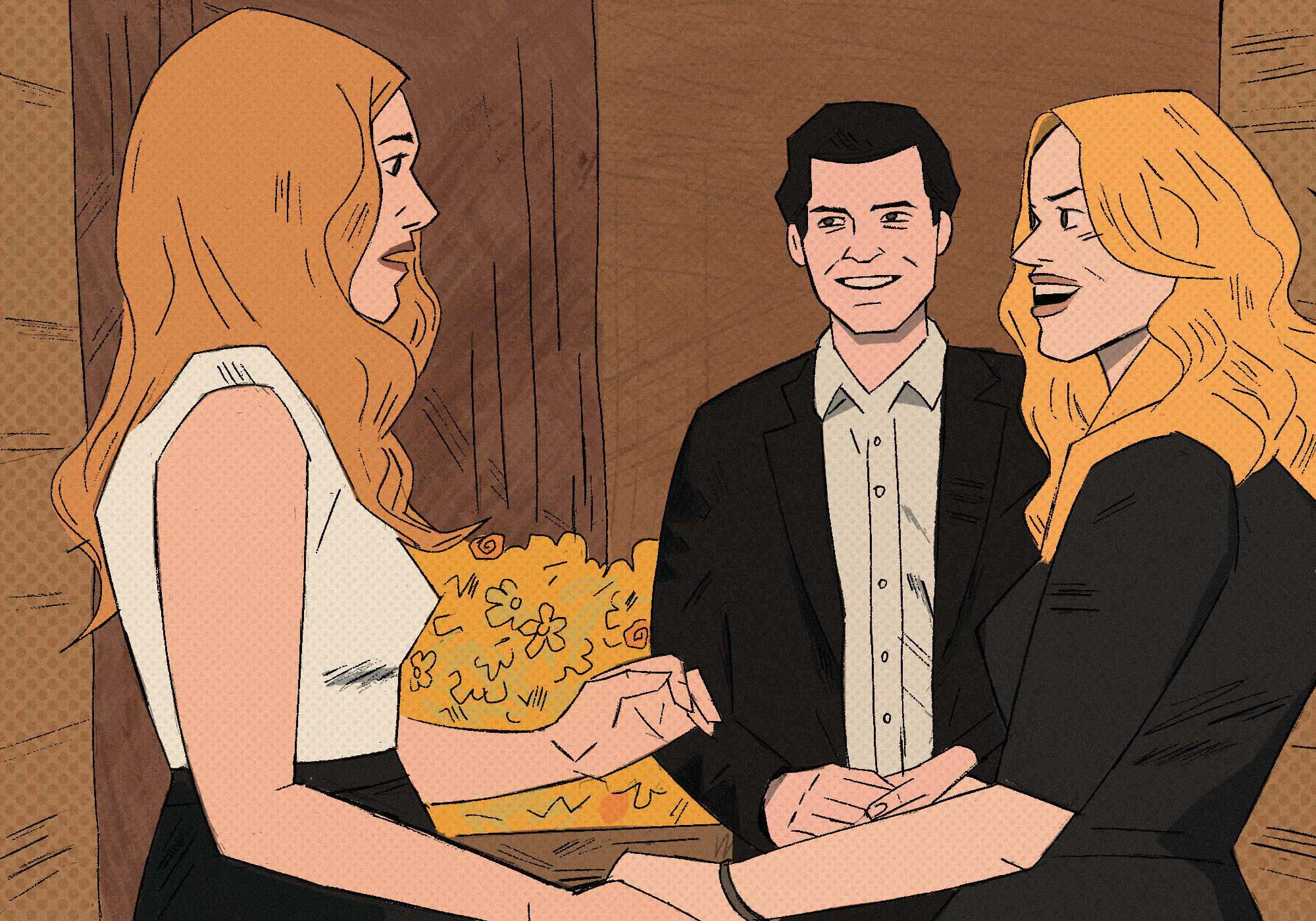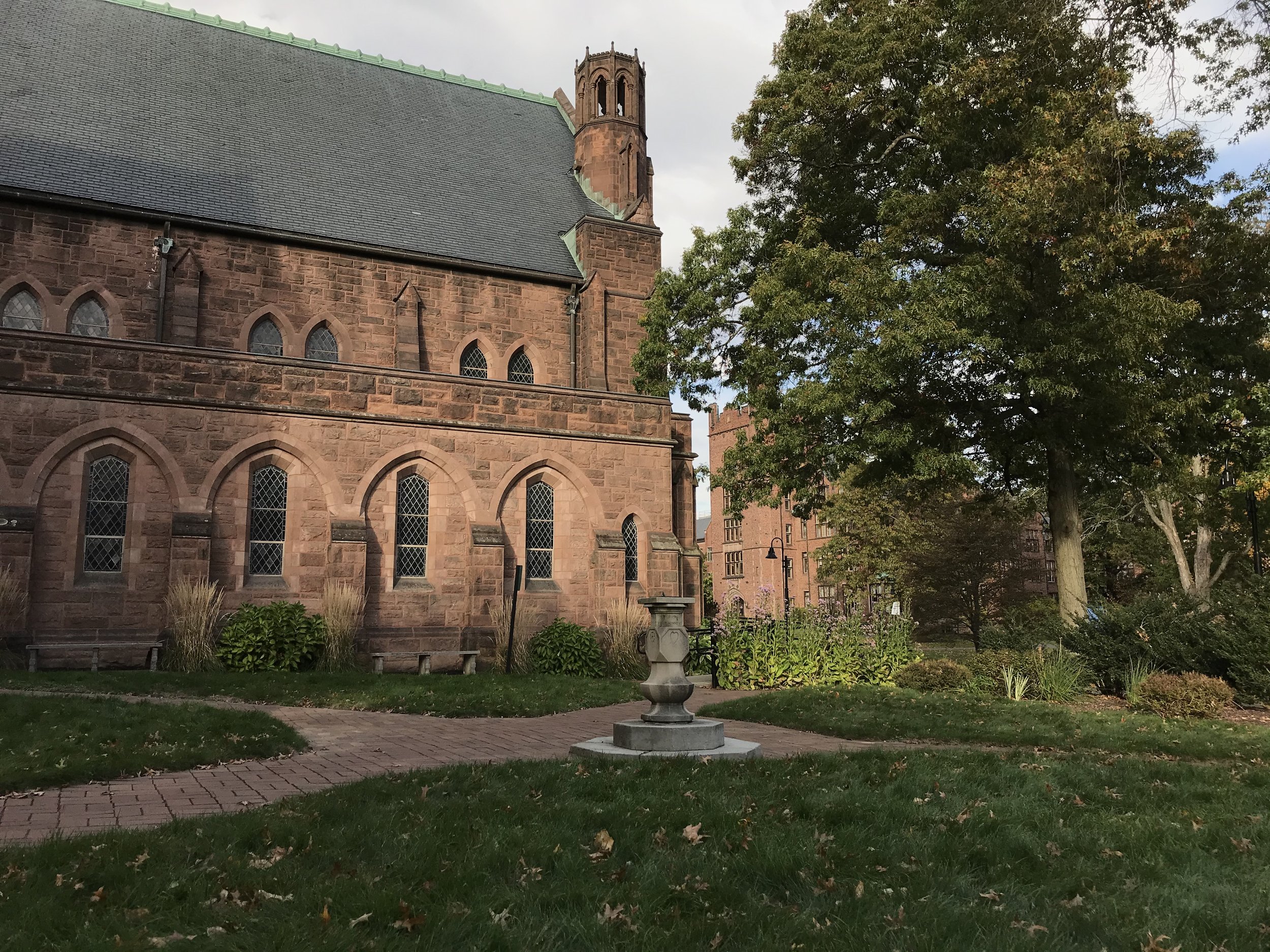America has a systemic issue of selective storytelling to make history more digestible. While simplicity has its place, loss of nuance can be incredibly damaging when attempting to reckon with our past. There often seems to be a collective forgetfulness when engaging in harsh truths about historical events or people. This tendency to celebrate and recognize redeemable parts of history compromises its authenticity.
Ballet and body dysmorphia shouldn’t go hand-in-hand
I have been dancing for as long as I can remember: since I started movement classes at the Lawrence Arts Center in my hometown at the age of two.
When I was around four or five, I was deemed ready to start ballet. By the time I was 14, I had been accepted into the Lawrence Ballet Theater, the pre-professional dance company at my studio. Throughout high school, I was a member of this company, adding more and more hours to my schedule to meet the demands of dancing at such an intense level. I went to the University of Kansas Dance Intensive every summer and participated in several productions a year, as well as worked with visiting choreographers who set pieces for the company.
Corporations and the CDC see disabled COVID-19 deaths as collateral damage
Content warning: this article discusses ableism and mass death.
The COVID-19 pandemic has greatly affected the lives of every human being for over two years. People are tired of restrictions, tired of fear and tired of putting their lives on hold for a virus that keeps spreading and mutating, especially as stubborn holdouts refuse to get vaccinated. This sentiment is entirely justified; I am annoyed and frustrated by how much my college experience and my early 20s have been negatively impacted by the virus. What is not justified, however, is the idea that we should normalize living with the virus and return to business as usual because it seems that people are now more likely to get it than not. Though this idea has recently taken hold in much of the United States, its roots lie in corporate greed. While the average vaccinated and boostered individual will likely avoid hospitalization and death if they contract the virus, as shown in a Jan. 7 study from the CDC, those who are immunocompromised and disabled may not. The fact that their concerns are being pushed to the side for the sake of returning to the status quo is horrifying to me, yet unfortunately, unsurprising.
PCOS treatment needs a focus on mental health
When Sara Ali Khan, a famous Bollywood actress in India, endorsed a fitness app called “HealthifyMe,” her face was emblazoned on billboards all across the city of Mumbai. Khan claimed that she had lost over 80 pounds during her fitness journey. Khan has been candid about her struggle with Polycystic Ovarian Syndrome, a hormonal disorder that causes irregular periods, weight gain, acne and [the production of] excess androgens due to the presence of cysts in the ovaries.
Embrace train travel: public transit should be supported within the United State
As my Amtrak train rumbled through the striking East Coast fall landscape, I wondered why I’d never traveled by rail before and questioned why train travel isn’t more ubiquitous across the country.
The U.S. is so vast, and air travel only lets us touch down in travel hubs. From my window, I got to see swamps and woods.
In spring 2021, Mount Holyoke created an environment set on driving students apart
During the spring 2021 semester, the normally vibrant Mount Holyoke College was a ghost town. Walking across campus, you might’ve seen one or two other students also making the trek to the Dining Commons. We’d exchange our used plastic containers for new ones, get more food and return to our dorm rooms — the only place we were allowed to take off our masks or eat.
‘The Morning Show’ returns with a disappointing season
Feminism must be situational, rather than monolithic
Sustainability in MHC dining must be more transparent
States’ political ideologies and sex education policies are related
The government shouldn’t prevent formerly incarcerated people from voting
Elizabeth Holmes exploited the feminist movement: a response to Ellen Pao
Indian cricket team’s selective activism ignores history of colorism
Social media breeds a misuse of mental health terminology
Cancel culture squashes real conversations
As I engage in class discussions, I feel like I am in the film “Groundhog Day,” hearing the same watered-down conversations on political issues over and over again. The heedless repetition of political phrases is a byproduct of cancel culture.
According to the Merriam-Webster dictionary, cancel culture is “the practice or tendency of engaging in mass canceling as a way of expressing disapproval and exerting social pressure.” Cancel culture creates a hierarchy of opinions where certain opinions are given ascendancy over others. It encourages students who believe in the superiority of mainstream opinions to cancel those who disagree, preventing any chance to have educational moments and empathy within political discourse.
Foreign language media needs to be a staple of the film industry
Foreign films have had a hard time escaping American art houses. Acclaimed Italian moviemaker Federico Fellini may have won the most directorial academy awards, but his works never made it to mainstream American audiences. This has earned Americans a reputation of being disinterested in foreign content, but this is not the whole truth. Major studios have often bought the rights to popular international films, but withhold them from large audiences, opting instead for remakes.



















